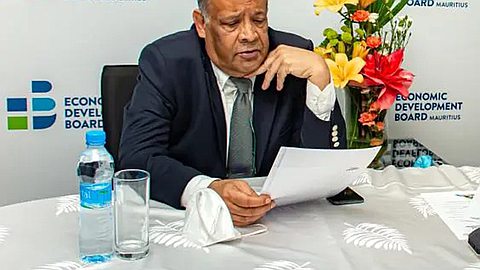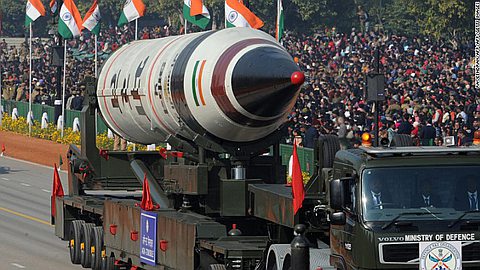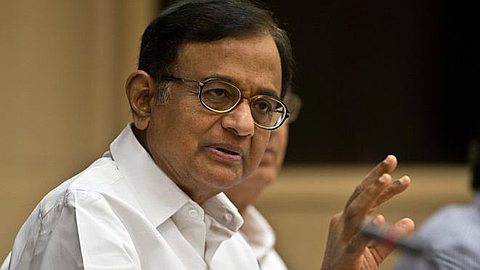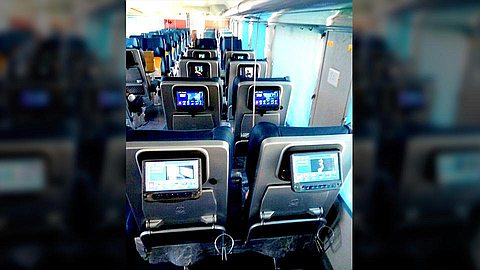India ‘Suspends’ Retail Reform Plans
The move to allow foreign investment by Wal-Mart and other supermarket giants in India’s estimated $470 billion retail industry was the first big reform to be announced since the government began its second term in 2009.
Finance minister Pranab Mukherjee “has informed me that the government is suspending the FDI (foreign direct investment retail) issue until a consensus is evolved,” Mamata Banerjee, chief minister of West Bengal state, said in televised remarks.
She said people could “rest assured” that the decision to delay foreign investment was not “temporary”.
Mukherjee confirmed that he had spoken to Banerjee but said he could not comment on her statement.
“Officially I cannot announce anything because parliament is in session. A government announcement will be made in parliament,” he told reporters.
But a Congress party spokesman said that the party welcomed “all meaningful efforts” to break the stalemate that has hamstrung parliament, threatening to derail the government’s legislative plans for the session.
“In such a situation (as changes to the retail policy), a broad consensus is required,” Congress general secretary Janardan Dwivedi told India’s CNN-IBN network late on Saturday.
Indian television quoted government sources as saying Premier Manmohan Singh’s government was not abandoning the retail policy changes announced late last month but would seek broad agreement before proceeding.
“Holding back does not mean rolling back,” India’s Business Standard newspaper quoted an unnamed cabinet minister on its web site as saying.
Anger over the reforms has united shopkeepers, trade unions, influential state leaders and lawmakers from opposition parties and from within Singh’s own coalition.
Banerjee’s regional Trinamool Party is the biggest partner of the Congress coalition and important to its survival in parliament.
The Trinamool Party had objected to the government allowing international supermarkets into India, saying the move would swamp small family-owned stores which dominate the retail landscape and throw millions out of work.
Any retreat on retail reform would be a major blow to Singh’s administration, which has struggled for months against charges of policy paralysis amid worsening economic data, high inflation and corruption scandals.
“A rollback would be a very bad thing,” Saloni Nangia, senior vice-president of retail at Technopak, a top Indian consultancy, said before Banerjee’s statement.
“It would send a bad signal to the international community about the potential for investment.”
Foreign multinationals have lobbied for years to sell directly to Indians.
The main opposition Bharatiya Janata Party (BJP) a staunch free enterprise advocate when in power has been coordinating protests against with shopkeepers who staged a one-day nationwide strike last Thursday.
“Wal-Mart may be fine (for the West) but Wal-Mart does not serve us,” veteran BJP leader Lal Krishna Advani told the Hindustan Times Leadership Summit.
The BJP said it wanted a formal abandonment by the government of the cabinet decision to open up to retail to global supermarkets before it would let parliament function.
The government must not “fool the people that foreign direct investment in the retail sector is a panacea to solve all problems of poverty and unemployment,” Advani said.




